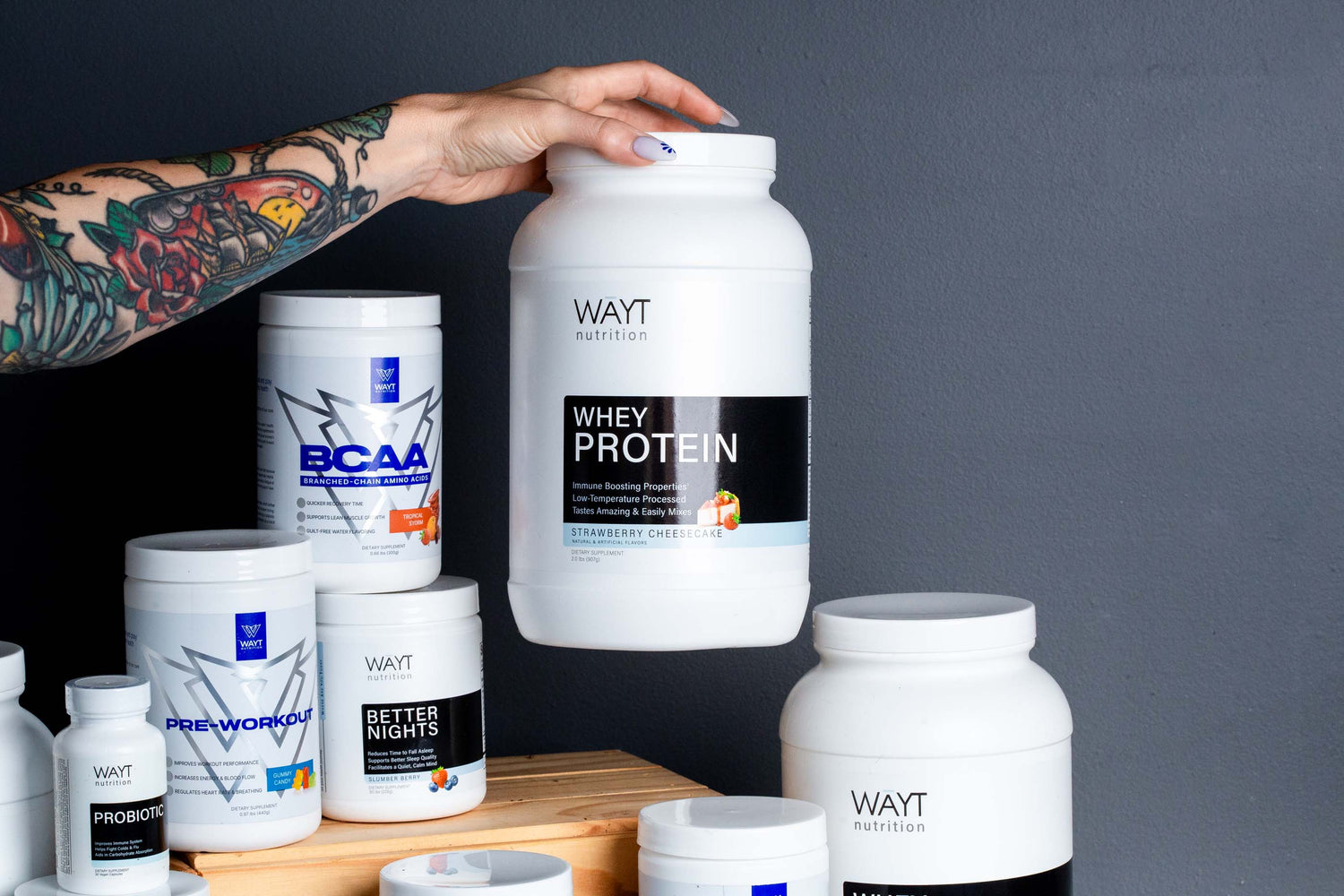If you're counting calories and working out yet not seeing any results, inflammation could be the problem. Inflammation can make you gain weight, prevent you from losing weight, and impact your overall health.
Signs of Inflammation
Your body could be telling you it's struggling with inflammation without even realizing it. Redness of the skin, joint pain, digestive trouble, fatigue, rash, a puffy face, sores in your mouth, and weight gain are all signs of inflammation. However, they could also be symptoms of other issues, so it's important to talk to your doctor to rule out anything that needs immediate medical attention.

What Causes Inflammation?
Some people don't have a food allergy but do have a mild sensitivity to specific foods that leave their bodies feeling bloated or sluggish. You could be eating seemingly healthy foods, like nuts and eggs, that could be impacting inflammation. However, eating processed foods, refined sugars, fried food, and red meat are among the most common foods that trigger inflammation.
Other possible causes for inflammation include an autoimmune disorder like lupus or exposures to toxins. An infection or injury that's left untreated could also lead to inflammation.
Why Does Inflammation Lead to Weight Gain?
Inflammation can interfere with your body's response to leptin. This hormone alerts your brain when you've had enough to eat, making it easy to consume more than necessary. People may also develop a resistance to leptin after dealing with inflammation in their body for too long.
Inflammation may also lead to insulin resistance, which leads to higher glucose levels. The reaction triggers fat accumulation in your liver and creates a cycle. The more weight you gain, the more you develop insulin resistance. However, the more insulin resistance you're dealing with, the more weight you gain.
Leaky Gut Syndrome and Inflammation
Inflammation can create aggravated bowels and other issues, including leaky gut syndrome. The condition causes bacteria and toxins to enter your bloodstream and lead to inflammation. Some signs of leaky gut include fatigue, bloating, digestive issues, and skin problems.
Inflammation and Supplements
Not getting enough vitamins and minerals in your diet can impact long-term inflammation. Taking a high-quality supplement with antioxidants, Omega-3s, Vitamin D, and Vitamin C can all help in your quest to reduce inflammation. A quality probiotic supplement is also helpful in reducing harmful biomarkers, including the C-reactive protein that is seen in inflammation.

What to Eat to Ease Inflammation
One of the best ways to deal with inflammation is to eat anti-inflammatory foods, including green vegetables, berries, whole plant foods, Omega-3s, and fatty fish. Making a salad with tomatoes, kale, collars, and olive oil could help. If you don't have a sensitivity to nuts, almonds and walnuts can also help fight inflammation.
Reduce Degenerative Disease
Beyond weight gain, inflammation is also a common underlying factor in just about all major degenerative diseases. These include heart disease, cancer, hypertension, and diabetes. Fortunately, eating better and taking care of your body and nutrition can make a significant impact while helping you shed more weight.
Final Thoughts
Tackling inflammation could help you lose weight and improve your health. It might also be the answer to feeling more alert, energetic and satiated after a great meal. Ready to retake control of your health and empower your body? Browse our selection of supplements here.

